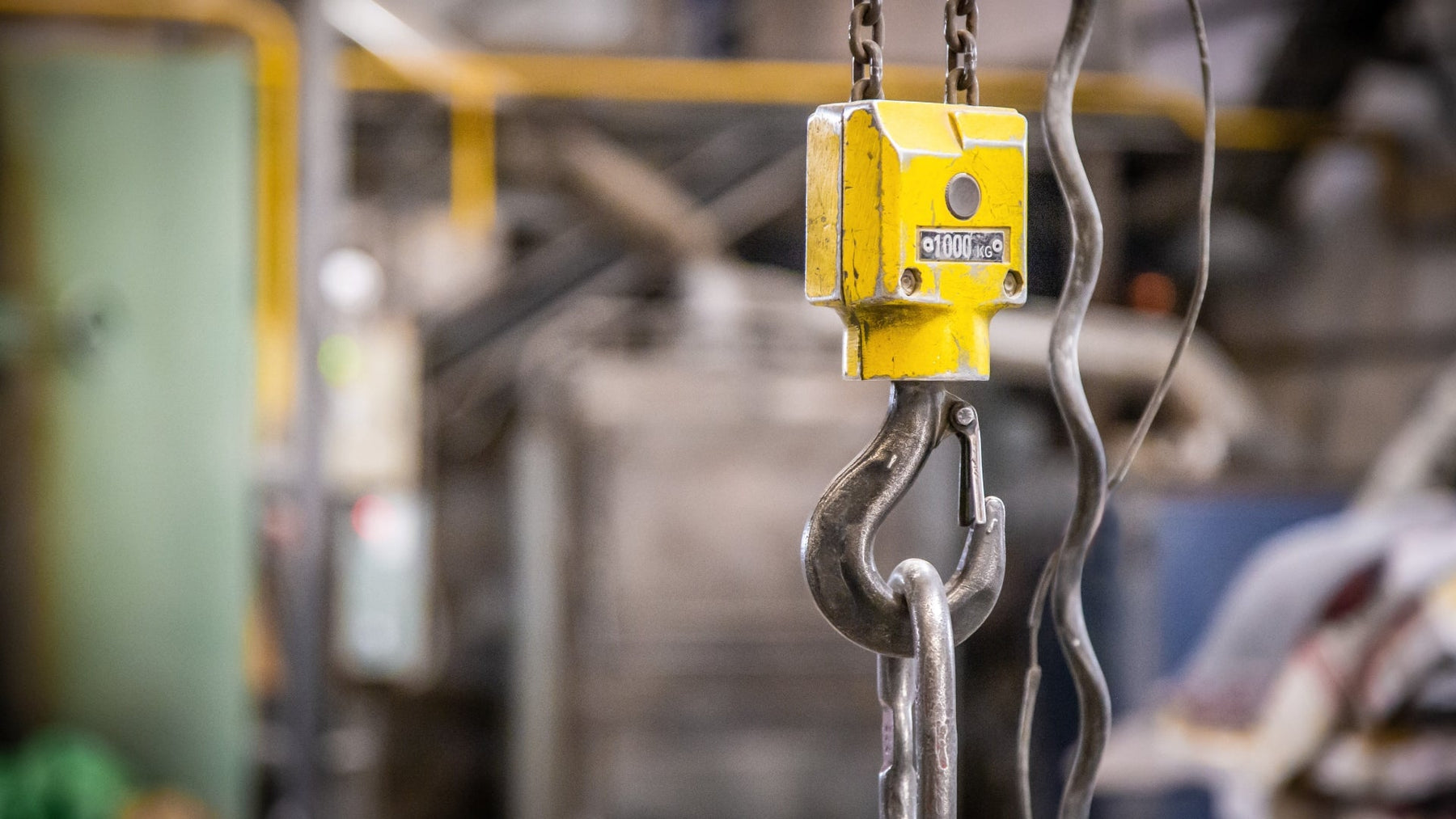
Hanging Scales vs. Weighing Scales: What’s the Difference and Which One Should You Choose?
Whether you run a warehouse, retailed business, or need accurate weight measurements for personal or industrial use, selecting the right scales is crucial. Among the most commonly used types are Hanging Scales and Weighing Scales. While both are used for measuring weight, their structure, functionality, and ideal use cases differ significantly.
In this post, we’ll break down the key differences between Hanging Scales and Weighing Scales, their applications, advantages, and how to decide which one suits your needs best.
What Are Weighing Scales?
Weighing Scales are devices used to measure the weight or mass of an object. They typically consist of a flat platform on which an object is placed, and the weight is displayed either on a digital screen or a mechanical dial. These scales are commonly found in grocery stores, laboratories, shipping stations, and industrial environments.
Types of Weighing Scales:
-
Digital Platform Scales: Known for their precision, they display weight digitally and are often used in industrial and retail settings.
-
Bench Scales: Compact and designed for countertop use, ideal for small businesses.
-
Floor Scales: Heavy-duty and suitable for weighing large or bulky items.
Key Features:
-
High accuracy and precision
-
Stable platform for weighing static loads
-
Options for different weight capacities (5kg to over 1000kg)
-
Can come with additional features like tare, overload indicators, and memory functions
What Are Hanging Scales?
Hanging Scales, as the name implies, are designed to weigh items that are suspended from the scale itself. These scales use a hook or sling to hold the object, and the weight is measured while the item hangs freely.
Common Applications of Hanging Scales:
-
Weighing agricultural produce (e.g., fruits, vegetables)
-
Fishing industry for weighing catches
-
Luggage weighing at airports or during travel
-
Industrial settings where bulky or irregular items are suspended
Types of Hanging Scales:
-
Mechanical Hanging Scales: Traditional models that use a spring and dial for measurement.
-
Digital Hanging Scales: Feature LCD screens, tare functions, and high precision sensors.
-
Crane Scales: Heavy-duty industrial hanging scales for high-capacity loads (up to several tons).
Key Features:
-
Portable and easy to use
-
Ideal for dynamic weighing environments
-
Hook-based design accommodates irregularly shaped items
-
Wide range of capacity options (from 10kg to several tons)
Key Differences Between Hanging Scales and Weighing Scales
|
Feature |
Hanging Scales |
Weighing Scales |
|
Design |
Hook or sling mechanism |
Flat platform |
|
Portability |
Lightweight and portable |
Can be bulky |
|
Accuracy |
High, but depends on stability |
Generally more accurate for small weights |
|
Best Use |
Irregular, suspended items |
Static, flat-based items |
|
Load Capacity |
Can range from small to industrial loads |
Also ranges widely, but better for static loads |
|
Common Use Cases |
Agriculture, fishing, logistics |
Retail, industrial, medical, shipping |
Advantages of Using Hanging Scales
-
Versatility: Hanging Scales are ideal for weighing irregular or oversized objects that can't easily sit on a platform.
-
Portability: Most hanging scales are compact and battery-operated, making them perfect for field use.
-
Wide Capacity Range: From small household needs to industrial crane applications, there are hanging scales for every load.
However, since they depend on a stable hanging environment, they might be less accurate in windy or unstable conditions.
Advantages of Using Weighing Scales
-
Precision: Platform-based weighing offers more stability, which leads to greater accuracy, especially for small items.
-
Ease of Use: Simply place the item and read the measurement—ideal for repetitive tasks.
-
Variety: Available in many forms and sizes, suitable for everything from kitchen use to freight weighing.
On the flip side, platform scales may not be ideal for oddly shaped or bulky items that don’t sit well.
Which One Should You Choose?
Choosing between Hanging Scales and Weighing Scales depends on your specific needs. Few questions to guide your decision are:
-
Are you weighing items in the field or outdoors?
→ Go with Hanging Scales for their portability and ease of use. -
Do you need highly precise measurements in a stable environment?
→ Choose Weighing Scales, especially digital platform models. -
Are the items irregular in shape or oversized?
→ Hanging Scales will be more accommodating. -
Is your work indoors or in a commercial environment with repeated tasks?
→ Weighing Scales are more efficient for repeated and controlled weighing operations.
Bonus: Exploring Scalesfor Weigh Applications
If you’re searching for tools that match your specific weighing needs, the keyword Scalesfor weigh opens a wide market. It includes everything from high-capacity industrial scales to compact solutions for home use. Depending on the capacity, accuracy, and portability you require, you can find the right scales for weigh applications by browsing specialized suppliers or manufacturers online
Conclusion
Both Hanging Scales and Weighing Scales have their own unique strengths and ideal use cases. Understanding the difference between the two helps ensure that you’re using the most suitable tool for your weighing tasks—whether it's measuring luggage weight before a flight, weighing fresh produce at a market, or managing logistics in a warehouse.
When shopping for Scales, consider factors like load capacity, precision, portability, and environmental conditions. Whether it’s a digital Hanging Scale for on-the-go use or a robust platform Weighing Scale for stationary tasks, the right tool can make your operations smoother and more accurate.
Need help choosing the right scale? Browse our curated collection of Hanging Scales and Weighing Scales designed for every budget and application. Accurate. Reliable. Built to weigh.
